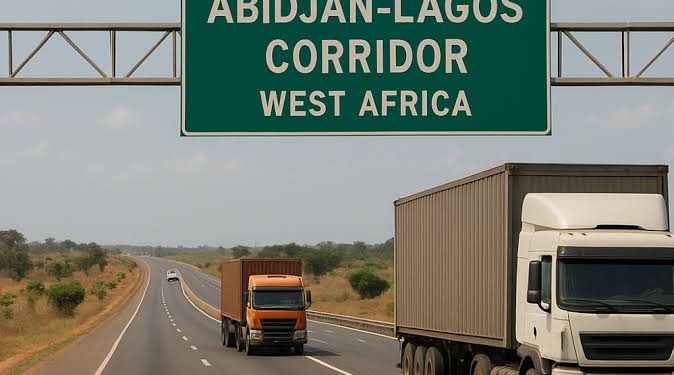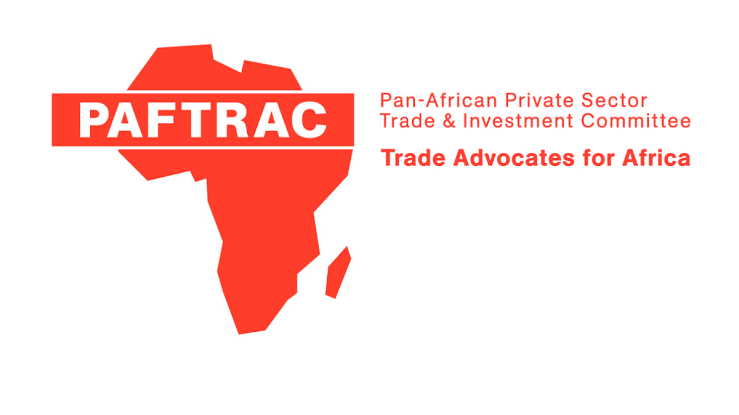Persistent checkpoints, manual documentation processes, corruption, and widespread extortion continue to make regional trade in West Africa costly and inefficient, undermining industrial competitiveness and revenue generation under the African Continental Free Trade Area (AfCFTA). Recent data presented by Dr Muda Yusuf, CEO of the Centre for the Promotion of Private Enterprise, highlighted the Abidjan–Lagos corridor—spanning Ivory Coast, Ghana, Togo, Benin, and Nigeria—as the continent’s most problematic trade route due to congestion, delays, and informal costs.
In his presentation titled “Trade Facilitation Measures to Reduce Cost and Enhance Transport Connectivity in West and Central Africa,” Yusuf noted that the 1,080-kilometre corridor handles over 50 million tonnes of freight and more than five million vehicles annually, yet remains heavily congested and inefficient. He said the route, which carries more than 70 per cent of the Economic Community of West African States’ GDP, suffers from blatant disregard for ECOWAS trade protocols, particularly under the ETLS regime.
“Checkpoints that are reduced by official order reappear within two weeks. The real issue is the lack of consequences. Those benefiting from the status quo will never let go unless there is accountability,” Yusuf stated, describing corruption and impunity as the most persistent barriers to trade facilitation across the corridor. He warned that harassment of compliant traders and the proliferation of illegal checkpoints discourage cross-border commerce and inflate logistics costs for businesses, limiting the region’s economic potential.
Mrs Dabney Shall-Holma, Chairperson of the Sealink Implementation Committee, echoed these concerns, noting that the slow implementation of AfCFTA five years after adoption has cost West and Central Africa billions in trade value and logistical inefficiencies.
She highlighted infrastructure deficits, weak maritime connectivity, inadequate digital trade reforms, and a lack of indigenous vessels as factors hampering intra-African trade.
Shall-Holma proposed urgent reforms, including harmonisation of trade procedures, port tariffs, and customs systems, creation of non-tariff barrier resolution desks, automation of port tariffs, and border information centres. She cited Ghana and Senegal as examples where real-time trade data collection has boosted revenue and efficiency.
AfCFTA, adopted by the African Union in Kigali, Rwanda, and enforced since 2019, aims to create a single continental market for goods and services, promote free movement of people and investments, and drive industrial development. By eliminating tariffs on up to 90 per cent of goods and harmonising trade policies across 55 member states, AfCFTA seeks to expand intra-African trade, foster economic diversification, industrialisation, and sustainable development.
Experts warn that addressing operational inefficiencies and corruption along key trade corridors like Abidjan–Lagos is essential for Africa to fully realise the economic benefits of AfCFTA and create a more integrated, competitive continental market.










